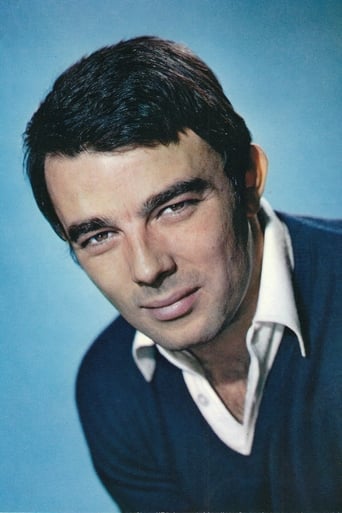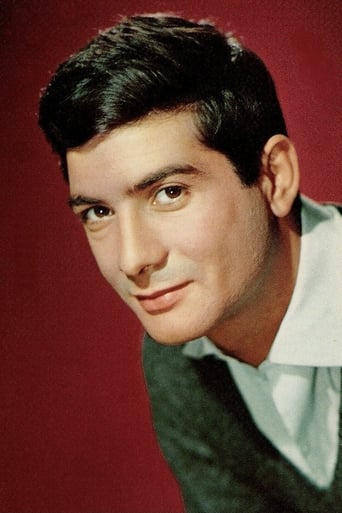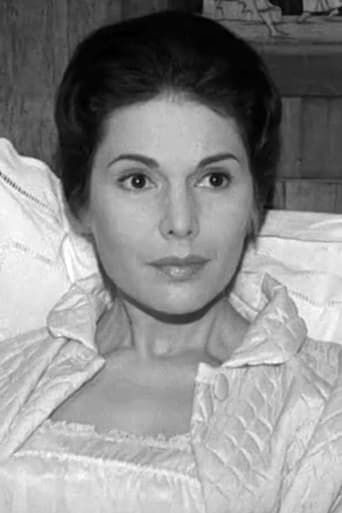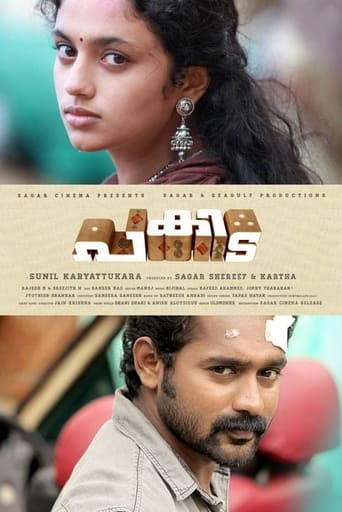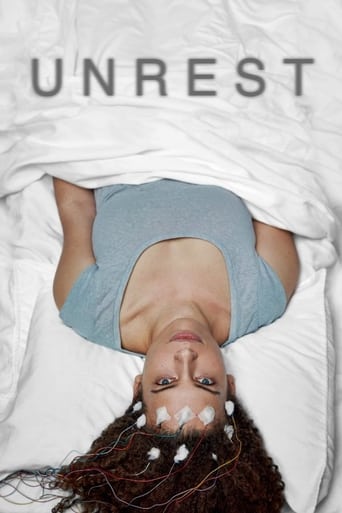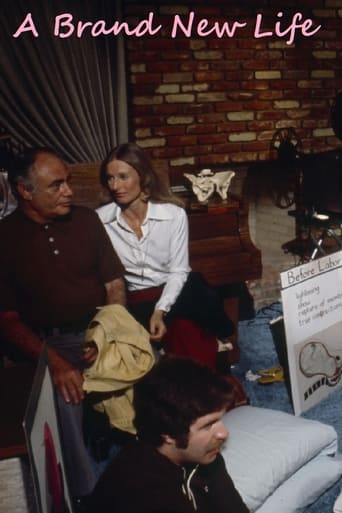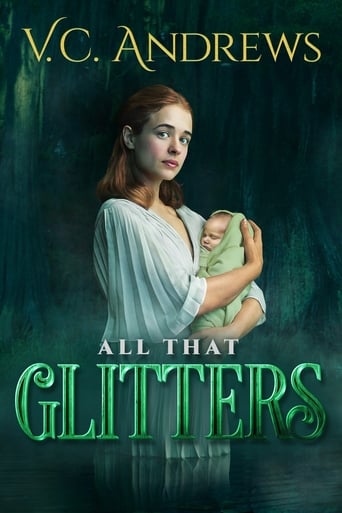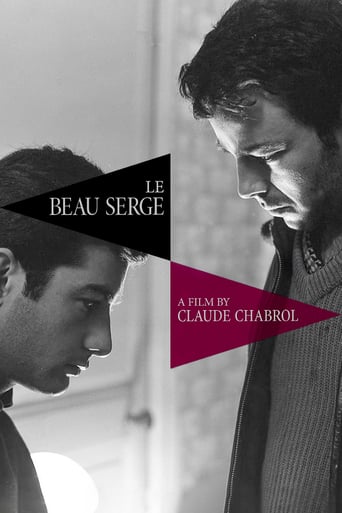
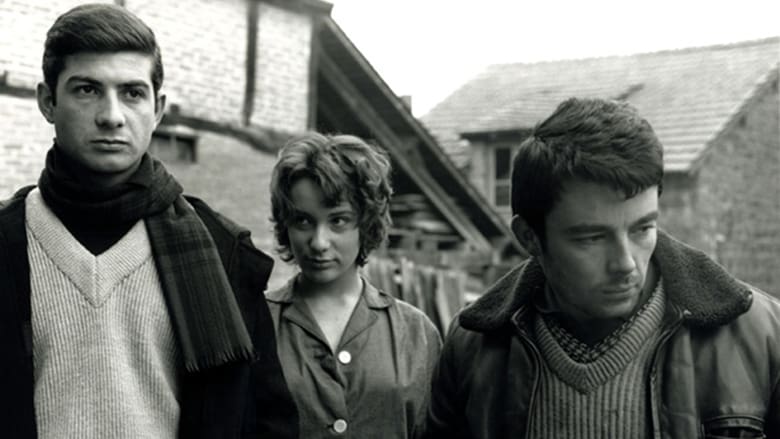
Le Beau Serge (1958)
François returns to his village after a long absence. He finds his friend Serge who has married Yvonne, and has developed an alcohol problem after the death of their stillborn child. Serge has become an angry, bitter figure not unlike the roles of James Dean, refusing to face reality and adulthood and François must help him.
Watch Trailer
Cast
Similar titles

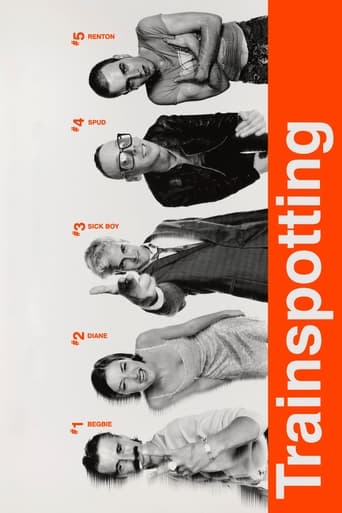

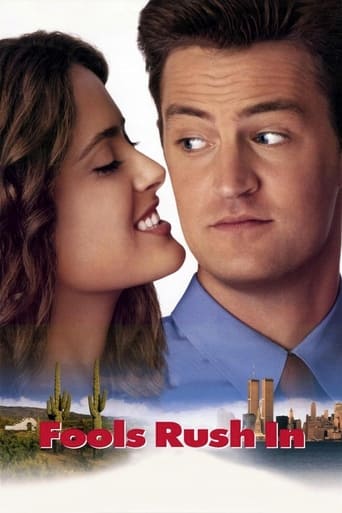
Reviews
Simply A Masterpiece
Better Late Then Never
Fanciful, disturbing, and wildly original, it announces the arrival of a fresh, bold voice in American cinema.
This is one of the best movies I’ve seen in a very long time. You have to go and see this on the big screen.
This is such a low key film, watched today, especially considering its importance in world cinema, being Claude Chabrol's first film and the film that is considered to have set off the Nouvelle Vague. It seems especially ordinary when compared to Godard's A Bout De Soufflé and Vivre Sa Vie, but then these were from 1960 and 1962, two and four years after this breakthrough film. Although this film is not city set and street wise, still harbouring melodrama and some theatricality it is not set bound, is made entirely within the village using the inhabitants within the drama and contains some bold camera-work, including long tracking shots and dynamic close-ups. It is also about the people we are introduced to, there is no historic event being reconstructed or alluded to, this is the here and now. Jean-Claude Braly plays Francois, the young man returning to the village after 12 years apparently a wiser man and Gerard Blain plays his old chum Serge who he feels could have done better for himself. Some great snow scenes at the end round off a thoughtful and involving piece.
Whilst some consider this film the first offering from the nouvelle vague movement, in truth it shares only some hallmarks with the offerings Godard, Truffaut and colleagues would start to produce over the next few years. Devoid of subversive humour or techniques 9such as jump-cuts) to highlight its artifice as a film, it is really a pre-cursor to the movement than a fully-fledged nouvelle vague film.Nevertheless, this is a good solid outing from Chabrol that meditates on how one can effectively be a good samaritan.The story tells of how a theology student returns to his home town after studying at a seminary for several years. Confronted with endemic social problems stemming from poverty and alcoholism he attempts to help his friends but, as happened to the protagonists in Beckett's Waiting for Godot, his charitable efforts are frequently rebuffed and the person he is trying to help lashes out against him.Where Chabrol does pre-empt the nouvelle vague movement is in his use of amateur actors, hand-held cameras and outdoor settings. This gives the film a documentary-like feel at times. It instills a feeling that this is a genuine record of the problems facing an extremely insular town gripped by despair due to an economic downturn, the hopes of its youth dashed. Having grown up in a similar environment in Tasmania some thirty years later, this reviewer can testify to the accuracy of what Chabrol is trying to convey with this work.Serge is also realistically drawn, at times warm and at times petty and jealous, lashing out at those around him in frustration as he is unable to face his own weaknesses, caught in the double-trap of alcoholism and a demeaning marriage to an uncaring woman.The protagonist, François, is a saintly martyr. He quickly finds that his academic training in the seminary is of little use in dealing with real-world problems and that he must give more and more of himself in his new calling to help those who cannot or will not help themselves.As another reviewer noted, there is a lot of doubling of scenes throughout this film, with the two cemetery scenes and two fights, in particular, reinforcing the structure of the film and developing Chabrols' themes.It can be argued that Serge and François are doppelgangers, one having escaped the trap of the town for the wider world and having kept his faith while the other remained behind and stagnated. In some ways, though, François has been kept in just as insular an environment in the form of the seminary and it is return to the outside world that lets him assimilate the two and truly blossom as a human being. Their doppelganger nature is also reflected in the fact that both Serge and François also have similar tastes and jealousies over women and conduct affairs at the same time.This small, quiet film is highly recommended in its portrayal of how the social fabric of a town can come unraveled when people give up hope and how the man who left returns to save them but can only do so when, Christ-like, he gives his all.
France's so-called New Wave was a confluence of pretension and mediocrity. It was first and foremost a mid-fifties school of film criticism that postulated that (1) cinema was of great intellectual import, probably too good for the masses, and that (2) most successful French directors before the publication of its fanzine, "Les Cahiers du Cinéma" (Marcel Carné, Julien Duvivier, Marcel L'Herbier, Jean Gremillon, Henri-George Clouzot, Jean Delannoy, Henri Decoin, to name a few) should be despised, shunned, bullied, ridiculed and persecuted or at least treated with suspicion while most American directors of the same period (except for Wyler, Zinnemann and Stevens) were to be considered as "geniuses" and "pioneers". It was therefore based on a misunderstanding which made it more important to talk intelligently and pretentiously about films (thereby excluding most people from film appreciation) than to make films that people would actually want to see.The movement had two cliquish firebrands, Jean-Luc Godard - who made increasingly unwatchable and solipsistic films all through his career - and François Truffaut - an acid-tongued journalist who attained a certain commercial success with the help of snobism, in spite of his idiotic and dogmatic principles and his obvious lack of talent and humanity. They will always be remembered as the two vindictive and parochial "mean girls" of French cinema and judged by posterity as "dwarves standing on the shoulders of the giants that preceded them" (e.g.: Jean Renoir, René Clair and Sacha Guitry). Their main legacy is the sad fact that very few of France's really important films (i.e. pre-New Wave) have been preserved and restored for posterity, unlike their own idiotic opuses. For good measure, Truffaut also despised the work of Jean Gabin, Michèle Morgan, Gerard Philippe and Michel Simon. This misunderstanding also means that all the more successful, quietly innovative or truly revolutionary films of the period have been claimed as "New Wave" when they simply were not (e.g.: the best films of Chabrol, Malle, Varda, Demy, Resnais and Rohmer) and their directors have repeatedly said so, while the films of their "enemies" were excluded from any form of recognition (e.g.: Marcel Carné's "Les Tricheurs" and Julien Duvivier's "La Fête à Henriette")."Le Beau Serge" is a case in point. It can only be considered "New Wave" in that it is made with no money by a young, dedicated but inexperienced director who tried to imitate his elders and betters and made many mistakes along the way. At that point, Malle didn't know how to sustain attention, direct actors or put a final product together (look at the editing and listen to the music, all dreadful).This film is only watchable today because of Gérard Blain's heartfelt James Dean impression, Blain having been exploited by the New Wave for his charm and screen presence (and the fact he was married to Bernadette Lafond) and then vomited as soon as he started producing intelligent films that didn't carry the official New Wave label (e.g.: "Les Amis", 1970).Everything I wrote here has been written countless times before but it can never be repeated often enough.Chabrol himself once said: "There is no new wave, there is only the ocean."
Suffering from a bronchial infection, Jean-Claude Brialy, a young Parisian, seeks convalescence in his home village in the Creuse, where he hasn't set foot for 10 years. There he meets up with his former friend, Gerard Blain, who, despite a brilliant adolescence and a bright future, has ended up in a drunken stupor after his marriage. The first film by Claude Chabrol, who launched the New Wave with this bitter account of rural life, perfectly constructed, and served with the talent of Jean-Claude Brialy and Bernadette Laffont.
